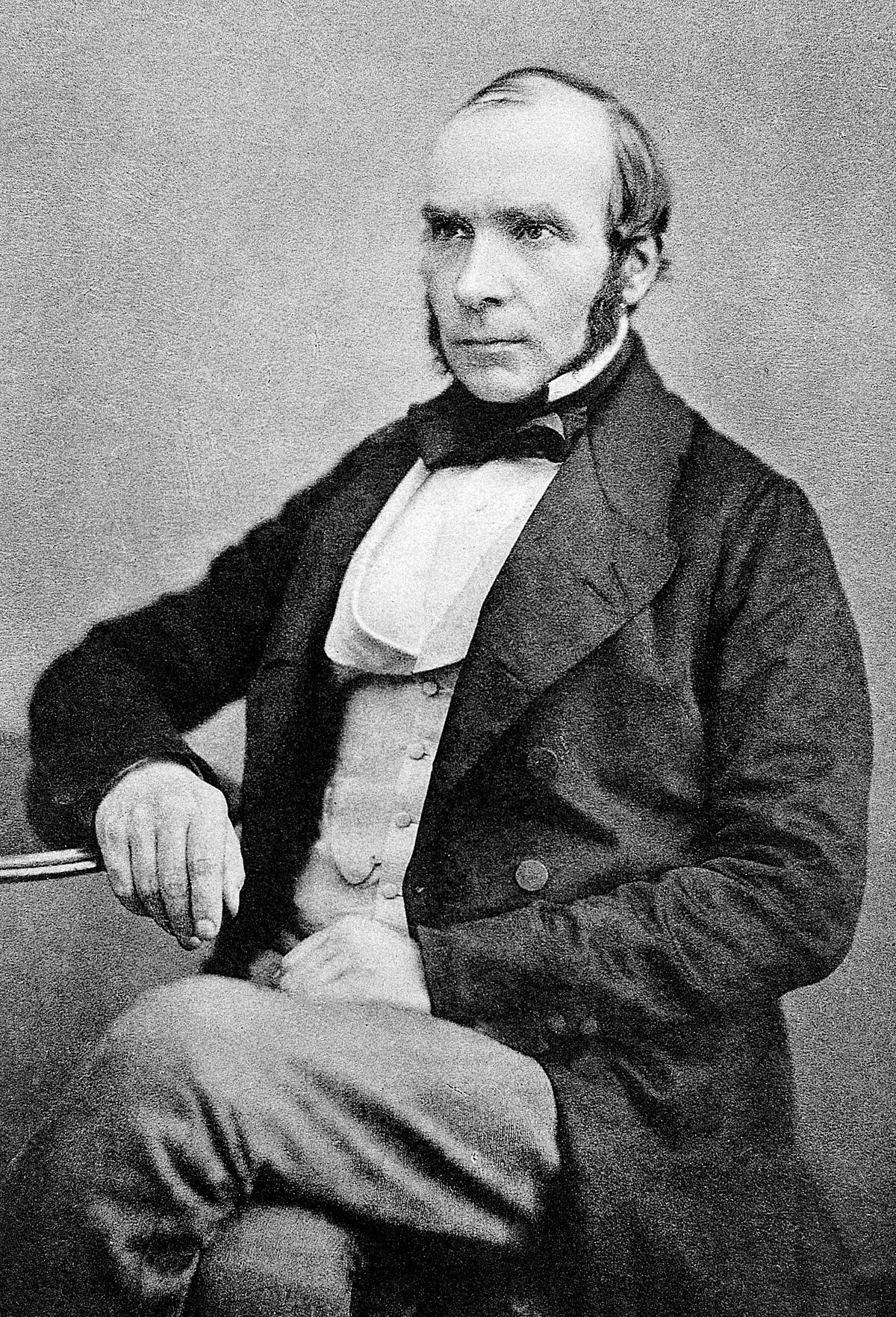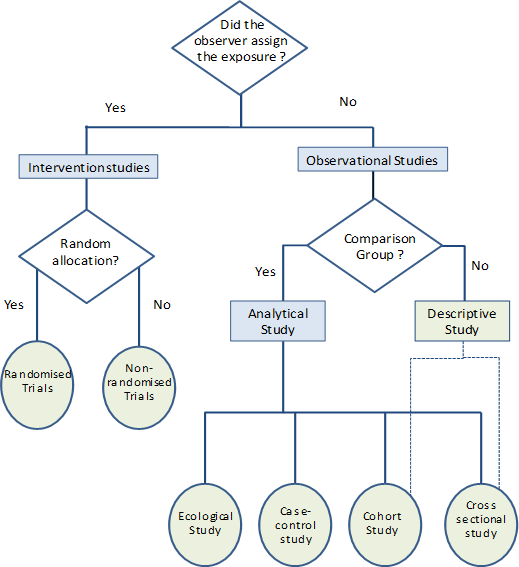1 Fundamental epidemiology
1.1 What is Epidemiology?
“The study of the occurrence and distribution of health-related events, states, and processes in specified populations, including the study of the determinants influencing such processes, and the application of this knowledge to control relevant health problems.” (Porta 2014)


John Snow example: For short, in 19th century, cholera expand all over Europe and UK. Estimated 15,000 recorded deaths in London in 1848-9. Snow (an anaesthetist) came up with some hypothesis:
that cholera can be communicated from the sick to the healthy
that disease is communicated by “morbid matter” which has the property of multiplying in the body of the person it attacks
that the morbid matter producing cholera must be introduced into the alimentary canal
water supplies appeared to be able to disseminate the morbid matter from the sick to the healthy
In 1853, cholera reappeared and Snow started his study. First he did a descriptive study by collecting information on cholera deaths, where they live and the population of the area. Then he look at the association of the water sources and the risk of death from cholera.
Comparison is fundamental to epidemiology Just as Snow did, by looking at the difference of risk between the groups using different water sources, we can find the risk factors of a disease. However, in reality, comparison is also the most challenge of epidemiology with many sources of confusion and error.
The two key elements In most epidemiological studies, we would measure 2 key elements which are the exposure and the outcome.
The exposure (sometimes called risk factor or determinant) is any factor that may influence the outcome.
The outcome is the disease, or event, or health-related state, that we are interested in.
1.2 what is the role of Epidemiology?
Epidemiology has four major functions:
to describe patterns of health and disease within populations
to interpret these differences
to apply our results to public health practice, and
to evaluate the effect of health-related interventions
1.3 Differences between Epidemiology and Public Health
This is a controversial discussion. I tend to think of Public Health as focused on practice, while Epidemiology is the study of evidence that supports Public Health.
Epidemiology
What it is: The science of studying how diseases occur, spread, and can be controlled in populations.
Core purpose: To understand the distribution (who gets sick, when, and where) and determinants (why and how) of health events, which lays the groundwork for action.
Public Health
What it is: A broad discipline focused on promoting health, preventing disease, and prolonging life through organized community efforts.
Key functions:
Sets health policies and programs
Implements interventions (like vaccination campaigns and health education)
Monitors health through surveillance
Evaluates policies and programs for effectiveness and equity
Core purpose: To translate evidence into action that improves health at the population level.
Relationship Between the Two
| Epidemiology | Public Health |
|---|---|
| Provides evidence, trends, and causes | Uses evidence to develop actionable programs |
| Identifies health risks and trends | Implements policies and interventions |
| Evaluates risk factors and outcomes | Focuses on prevention, policy, and health systems |
1.4 Basic Epidemilogical study types

This epidemiological studies family tree is simpler than the one introduced by Ronald.